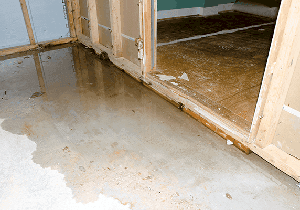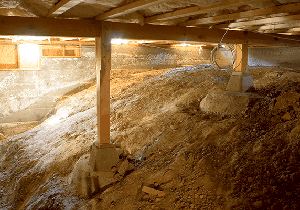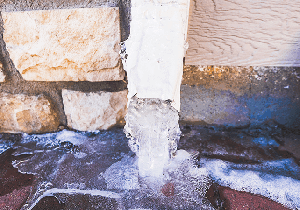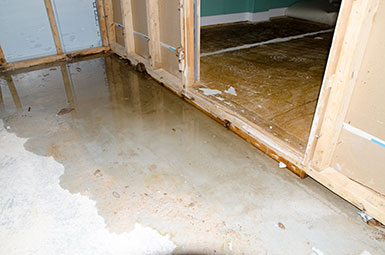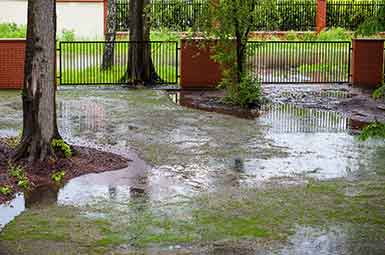Our Services
Trust The Experts…Trotter offers Lifetime Warranties since 1929!
Basement Waterproofing * Crawl Space Waterproofing* Structural Repair * Drainage
The Trotter Company is here to serve you
How Can We Help?
Homeowners trust Trotter Company for basement waterproofing, crawlspace waterproofing and encapsulation, drainage solutions, and foundation repair. Every project is led by a BHA-certified Chief Inspector with more than 30 years of hands-on expertise.
With nearly 100 years of experience working in Georgia’s challenging red clay, Trotter brings unmatched knowledge to every home. We understand the soil, the climate, and the structural demands unique to this region — because we’ve been solving them for generations.
At Trotter, education comes first. We believe informed homeowners make confident decisions. Our experienced specialists take the time to answer every question and clearly explain even the most complex challenges — from stormwater management to foundation stabilization.
When it comes to protecting what matters most, trust the team that’s been doing it right for nearly a century.
Since 1929, More Than 100,000 Homeowners Have Trusted Trotter
Want to learn more?
Check out our library of videos to help you understand and diagnose your home of common foundation and leak issues.
Follow us on YouTube for the latest videos, tips, & tricks.
